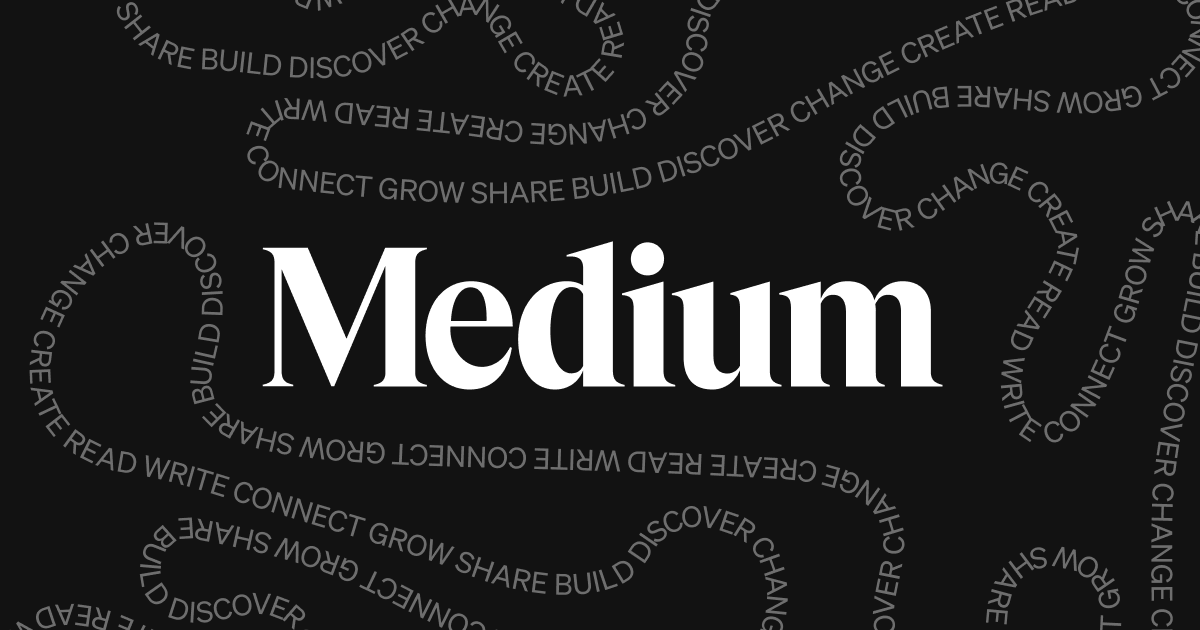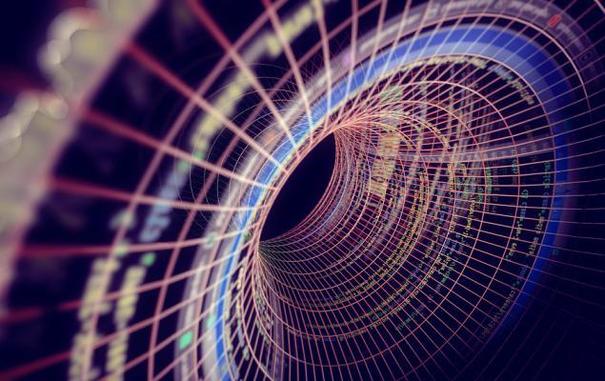#QuantumEntanglement #consciousness
"Here’s what you’ll learn when you read this story:
• For the past 30 years, scientists have investigated whether the human brain might require quantum processes to achieve cognition.
• A study from Shanghai University uses mathematical models to suggest that certain fatty structures (which sheath the nerve cell’s axon) could potentially produce quantum entangled biphoton pairs, potentially aiding in synchronization across neurons.
• However, scientists have long argued that the brain is too hot and messy for this type of phenomenon to occur, and detecting this phenomenon as it occurs in the brain would be an incredibly difficult task.
While comparing neurons and transistors is a convenient metaphor (and not completely out of left field), the brain is ultra-efficient, its energy is renewable, and it’s capable of computational feats that even the most advanced computer can’t pull off. In many ways, the inner workings of the human brain make up an unknown computational frontier.
Although your brain is superior to your laptop—or even the world’s most advanced supercomputer—these machines run on classical physics. But there’s another kind of a computer out there: a quantum one.
The idea that the human brain contains quantum properties isn’t new. In fact, the British physicist Roger Penrose and the American anesthesiologist Stuart Hameroff first suggested the controversial concept back in the 90s, with their 'orchestrated objective reduction' model of a consciousness. Since then, many pieces of evidence have at least hinted that, while the brain may not be a full-fledged quantum computer, some quantum properties may in fact help generate consciousness."
https://www.popularmechanics.com/science/a65368553/quantum-entanglement-in-brain-consciousness/



